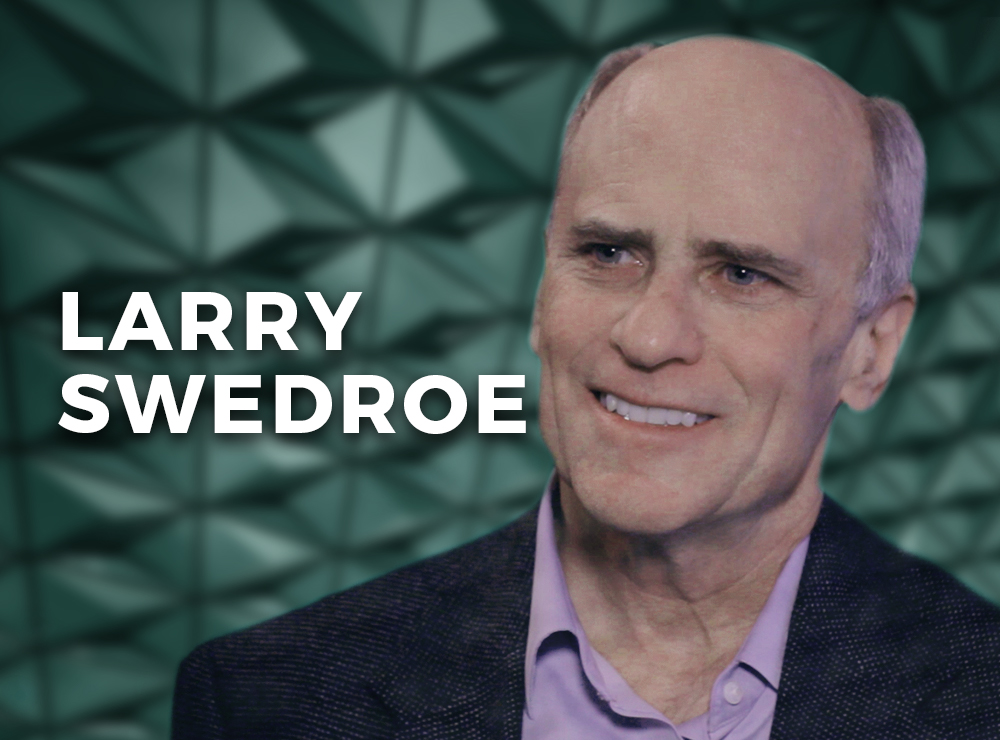
By LARRY SWEDROE
There is a large body of research, including such studies as Do Investors Overpay for Stocks with Lottery-like Payoffs?, demonstrating that so-called lottery stocks deliver poor performance. Lottery stocks, which are typically either penny stocks or small growth stocks with high investment and low profitability, offer the potential for outsized returns.
The research also finds that stocks that have experienced recent extreme positive returns (as measured by MAX, the maximum daily return in a month) subsequently produce low returns. The poor returns of these stocks is an anomaly because these stocks are risky. The explanation for the existence of the anomaly is that investors have a preference for positive skewness and there are limits to arbitrage that prevent sophisticated investors from fully correcting mispricings.
Given the findings on the performance of stocks with positive MAX performance, it seems logical to expect that stocks with the most negative performance (the opposite of those lottery stocks) would have strong future returns. Jared DeLisle, Michael Ferguson, Haim Kassa and Gulnara Zaynutdinova sought to determine if that is the case in their study Hazard Stocks and Expected Returns, published in the April 2021 issue of the Journal of Banking & Finance. They called stocks with the most negative recent performance “hazard” stocks.
Their hypothesis was that if investors are prepared to pay a premium for lottery stocks, they should discount hazard stocks, translating into higher future returns. They calculated a proxy for hazard stocks as the minimum daily idiosyncratic return (IMIN) with respect to the Fama-French three-factor model and the Carhart four-factor model for each stock every month. Their data sample covered the period 1964-2014. Following is a summary of their findings:
- Hazard stocks earn abnormally lower future returns, inconsistent with the notion that they are heavily discounted. This implies that investors don’t have symmetric preferences across lottery stocks and hazard stocks.
- Portfolios that are long high-IMIN stocks and short low-IMIN stocks earned statistically significant abnormal returns of -0.52 percent (-0.78 percent) per month using value-(equal-)weighted portfolios. The greater return to equal-weighted portfolios demonstrates that the IMIN effect is greater in small stocks (where limits to arbitrage are greater).
- The overpricing of hazard stocks persisted, dissipating slowly and dying out after nine months. For example, 50 percent of the stocks in the highest (lowest) IMIN quintile remained in the highest (lowest) quintile the following month. This finding was unchanged when controlled for earnings surprises, thus not related to post-earnings announcement drift.
- The findings were robust to controls for size, book-to-market, momentum, turnover, lagged returns, idiosyncratic volatility, raw minimum and max daily returns, and idiosyncratic MAX (IMAX).
- The hazard stock anomaly is mainly associated with limits to arbitrage.
- Relaxing limits to arbitrage (during the SEC’s Regulation SHO pilot program) eliminates the apparent overpricing of hazard stocks. In this setting hazard stocks did earn a premium in future returns — investors price lottery and hazard stocks consistently.
Their findings led the authors to conclude that “investors pay a premium for lottery stocks but don’t appear to discount hazard stocks. Instead, the market seemingly under-reacts to IMIN, incorporating information into prices more slowly than we would expect in an efficient market.” These findings are counterintuitive to the literature on lottery preferences. The anomaly is explained by limits to arbitrage (investors who would buy a stock they see as overpriced are reluctant, due to the risk of unlimited losses, or unable to short a stock they see as overpriced).
The takeaway for investors is that the findings indicate that returns can be improved by avoiding the purchase of both IMAX and IMIN stocks. Fund families such as Avantis, Dimensional Fund Advisors and Bridgeway Capital Management screen out these stocks from their portfolios through various techniques (such as screening for negative momentum and screening out stocks with lottery-like characteristics such small growth stocks with high investment and low profitability). Hopefully, now that you are aware of the information, you will be screening them out too.
Important Disclosure: The information contained in this article is for educational purposes only and should not be construed as specific investment, accounting, legal or tax advice. The analysis contained in this article is based upon third party information available at the time which may become outdated or otherwise superseded at any time without notice. Certain third-party information is based upon is deemed to be reliable, but its accuracy and completeness cannot be guaranteed. By clicking on any of the links above, you acknowledge that they are solely for your convenience, and do not necessarily imply any affiliations, sponsorship, endorsements or representations whatsoever by us regarding third-party websites. We are not responsible for the content, availability or privacy policies of these sites, and shall not be responsible or liable for any information, opinions, advice, products or services available on or through them. Buckingham Wealth Partners recommends Dimensional and Bridgeway funds in constructing client portfolios. The opinions expressed by featured authors are their own and may not accurately reflect those of the Buckingham Strategic Wealth®, Buckingham Strategic Partners® (collectively Buckingham Wealth Partners). LSR-21-74
LARRY SWEDROE is Chief Research Officer at Buckingham Strategic Wealth and the author of numerous books on investing.
ALSO BY LARRY SWEDROE
Should investors we worried about US government debt?
Return signal momentum: a new strategy worth following?
Is there a replication crisis?
PREVIOUSLY ON TEBI
Can you measure your financial wellbeing?
Should investors we worried about US government debt?
Random noise influences advice, study finds
© The Evidence-Based Investor MMXXI









